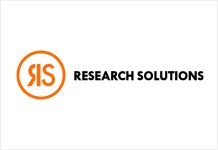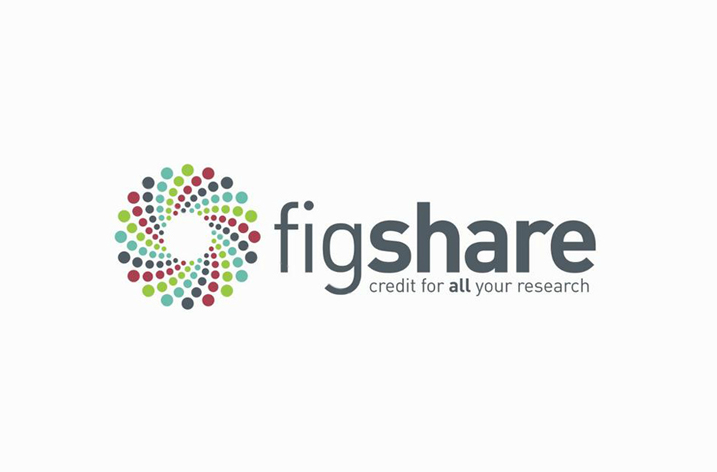
After intense preparations and consensus building, CERN[1] has today confirmed that the SCOAP3 Open Access publishing initiative will start on 1 January 2014. With the support of partners in 24 countries[2], a vast fraction of scientific articles in the field of High-Energy Physics will become Open Access at no cost for any author: everyone will be able to read them; authors will retain copyright; and generous licenses will enable wide re-use of this information.
Convened at CERN this is the largest scale global Open Access initiative ever built, involving an international collaboration of over one thousand libraries, library consortia and research organizations. SCOAP3 enjoys the support of funding agencies and has been established in co-operation with leading publishers.
Eleven publishers of high quality international journals are participating in SCOAP3. Elsevier, IOP Publishing and Springer, together with their publishing partners, have been working with the network of SCOAP3 national contact points. Reductions in subscription fees for thousands of participating libraries worldwide have been arranged, making funds available for libraries to support SCOAP3.
“International cooperation and dissemination of information have been enshrined in the CERN Convention for sixty years,” said CERN Director General Rolf Heuer. “I am proud that we have leveraged CERN’s convening power and made such an unprecedented Open Access initiative a reality. I am indebted to all those leaders in libraries, funding agencies, the publishing industry who have accompanied us on this path. This is their success, and we look forward to welcoming more collaborators to this global initiative”
“This is the culmination of a fascinating journey,” said Salvatore Mele, Head of Open Access at CERN and leader of the SCOAP3 project. “In the last few years we have built consensus and trust between all parties: libraries, funding agencies and publishers, at the service of scientists in the field of High-Energy Physics and beyond. Most importantly, we have nurtured a community of partners, making a real difference, enhancing the Open Access movement and the publishing industry.”
The SCOAP3 initiative looks forward to establishing further partnerships in the Asia-Pacific region, the Americas, Europe, Africa and the Middle East, where scientists will enjoy the advantages of Open Access and many libraries and library consortia will benefit from reductions in their subscription costs.
[1] CERN, the European Organization for Nuclear Research, is the world’s leading laboratory for particle physics. Its headquarters are in Geneva. Its Member States are currently: Austria, Belgium, Bulgaria, Czech Republic, Denmark, Finland, France, Germany, Greece, Hungary, Italy, Netherlands, Norway, Poland, Portugal, Slovakia, Spain, Sweden, Switzerland and the United Kingdom. Romania has the status of Candidate for Accession. Israel and Serbia are Associate Member States in the pre-stage to Membership. India, Japan, the Russian Federation, the United States of America, Turkey, the European Commission and UNESCO have Observer status.
[2] Partners in the following countries have formalized their participation in SCOAP3: Austria, Belgium, Canada, China, Denmark, France, Germany, Italy, Japan, Norway, Portugal, Sweden, Switzerland United Kingdom and the United States of America. Partners in the following countries are completing the final steps to formally join SCOAP3: the Czech Republic, Finland, Greece, Hungary, Korea, the Netherlands, Spain, South Africa and Turkey.



























